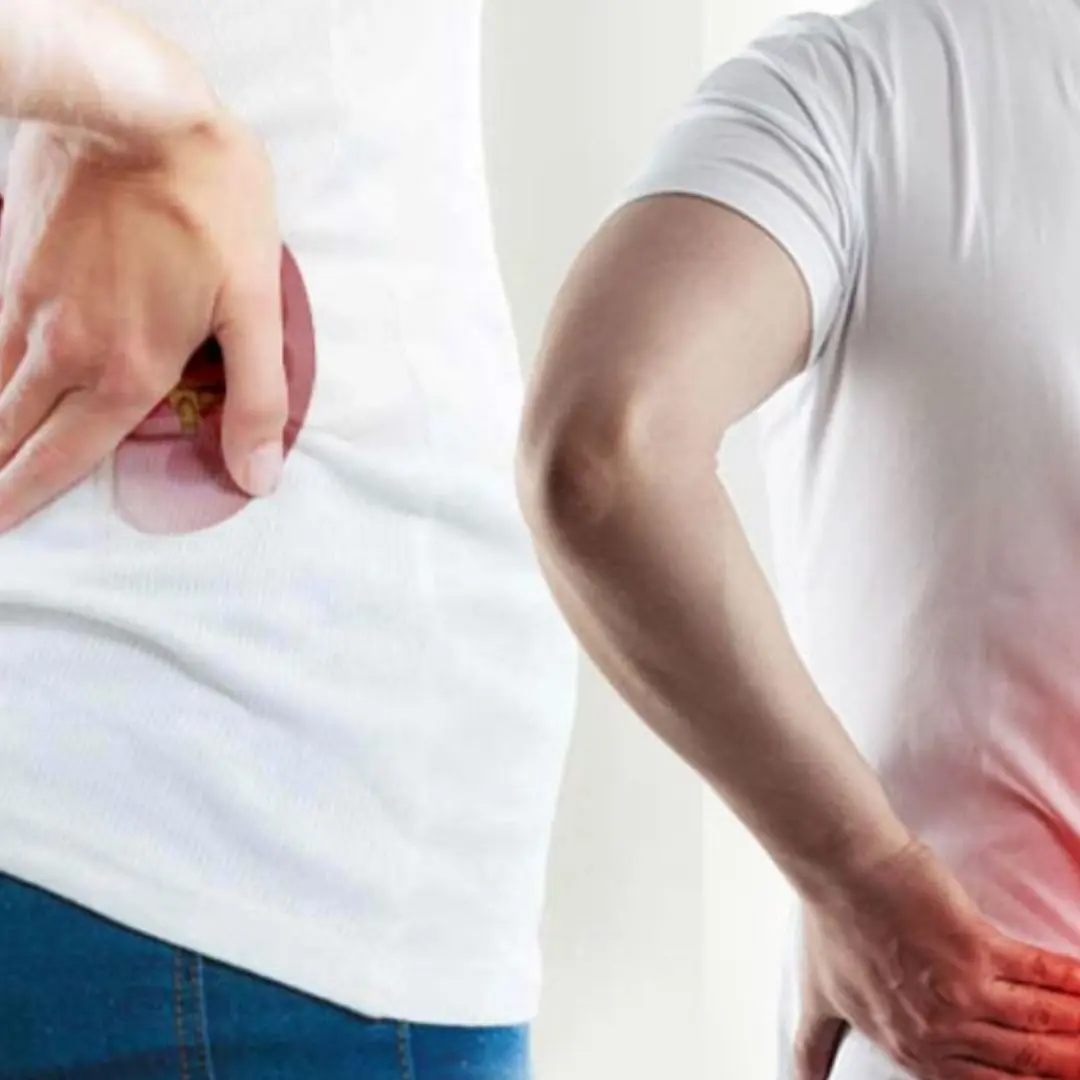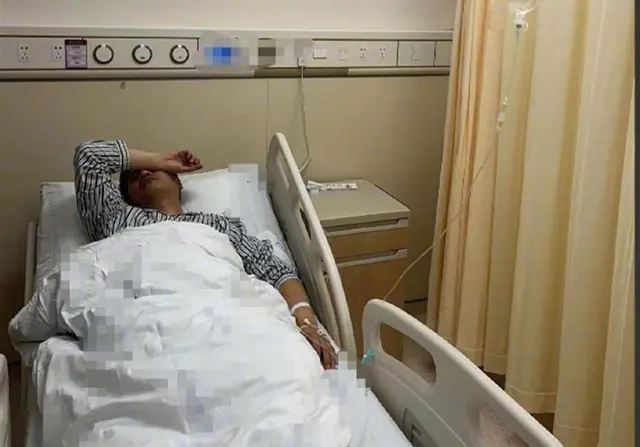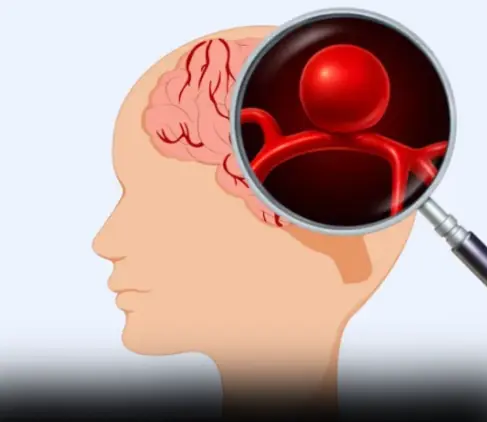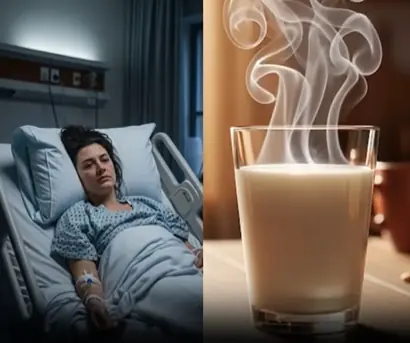
When Nighttime Leg Cramps Become a Concern

Understanding and Preventing Nighttime Leg Cramps
Waking up in the middle of the night with sudden, stabbing pain in your calf is more common than you might think. Nighttime leg cramps, which involve involuntary muscle contractions, typically in the calves or feet, affect millions of people. Though often dismissed as harmless or attributed to aging or dehydration, these cramps can sometimes signal deeper underlying issues.
When to Worry: Is It Just an Occasional Cramp?
Most nighttime leg cramps are harmless and tend to happen infrequently. They may be triggered by:
-
Overexertion of muscles during the day
-
Dehydration
-
Prolonged periods of standing or sitting
-
Sleeping with feet in an awkward position
-
Electrolyte imbalances (such as low magnesium, potassium, or calcium)
-
Pregnancy
For many individuals, these cramps are occasional, resolve with gentle stretching, and don’t return for weeks. However, in some cases, nighttime cramps may be more than just a minor annoyance.
When to Seek Medical Advice
Nighttime leg cramps become a cause for concern when they occur frequently or cause significant discomfort. Consider seeking medical attention if you experience:
-
Frequent Cramping
If cramps occur more than three times a week, it could indicate an underlying issue, such as poor circulation or nerve problems. Increased frequency over time warrants further investigation. -
Severe Pain or Prolonged Duration
While most cramps last only a few seconds to a couple of minutes, persistent or intense pain that lingers after the cramp could point to circulatory or neurological problems.
-
Sleep Disruption
If cramps are frequently disturbing your sleep, leading to fatigue, irritability, or even depression, it’s time to consult a healthcare provider for further evaluation. -
Accompanying Symptoms
Look out for these concerning signs:-
Muscle weakness during the day
-
Swelling in the legs or feet
-
Numbness, tingling, or burning sensations
-
Dark or tea-colored urine
-
Unexplained fatigue
-
These symptoms may be linked to conditions such as:
-
Peripheral artery disease (PAD)
-
Kidney dysfunction
-
Diabetes-related nerve damage (neuropathy)
-
Electrolyte imbalances
-
Medication Side Effects
Some medications, including diuretics, statins, beta-blockers, and certain asthma treatments, can trigger leg cramps. If cramps start after beginning a new medication, it's worth discussing with your doctor. -
Age and Health Conditions
Older adults and those with chronic health issues like diabetes or vascular disease may be more susceptible to leg cramps. If you have an existing medical condition, your cramps may be linked to more than just muscle strain.
What Causes Nighttime Leg Cramps?
Several factors can contribute to nighttime leg cramps:
-
Dehydration: Dehydration reduces blood volume and disrupts nerve signaling, increasing the likelihood of cramps.
-
Electrolyte Imbalance: Low levels of magnesium, potassium, calcium, or sodium can interfere with muscle function.
-
Poor Circulation: Reduced blood flow to the legs can cause muscle cramps.
-
Nerve Compression: Conditions like spinal stenosis can affect nerve signals, leading to cramps.
-
Prolonged Inactivity: Remaining in one position for an extended period, especially in an awkward posture, can trigger cramps.
-
Vigorous Exercise: Overexerting yourself without adequate recovery can result in cramping.
Preventing Nighttime Leg Cramps
While nighttime leg cramps can seem unpredictable, many can be prevented with simple lifestyle adjustments. Implementing these habits can help reduce the frequency and severity of cramps:
-
Stretch Before Bed
A gentle stretching routine before sleep can help reduce the risk of cramps. Focus on the calves, hamstrings, and feet to keep muscles flexible.Suggested routine (2-3 minutes):
-
Calf stretch: Stand facing a wall, one foot behind the other, and gently lean into the wall to stretch the back leg.
-
Hamstring stretch: Sit on the edge of your bed and extend one leg, reaching for your toes to stretch your hamstring.
-
Ankle circles: Rotate each ankle 10 times in both directions to keep the muscles and tendons loose.
-
-
Stay Hydrated
Dehydration is one of the most common causes of leg cramps. Drink plenty of water throughout the day—aim for 6-8 glasses or more if you're active or in a hot environment.Bonus tip: Incorporate foods high in electrolytes, such as bananas, avocados, and spinach, to help maintain proper muscle function.
-
Replenish Electrolytes
Low levels of magnesium, potassium, calcium, or sodium can contribute to muscle cramps. Here are some excellent sources of electrolytes:-
Magnesium: Pumpkin seeds, almonds, leafy greens, dark chocolate
-
Potassium: Bananas, sweet potatoes, oranges
-
Calcium: Dairy, tofu, fortified plant-based milk
-
Sodium: Sea salt, broth-based soups (consume carefully)
If you suspect a deficiency, consider supplements, but always consult your doctor first.
-
-
Move Regularly
Sitting or standing for long periods can lead to muscle tightness and cramps later. To avoid this:-
Take breaks every hour to walk or stretch.
-
Shift your position regularly if seated for long periods.
-
Consider using a standing desk or footstool to change the pressure on your legs.
Engaging in low-impact exercises, like walking, swimming, or cycling, promotes healthy circulation and helps reduce nighttime cramps.
-
-
Wear Supportive Footwear
The right shoes can prevent cramps caused by muscle strain throughout the day. Avoid:-
High heels
-
Completely flat shoes
-
Worn-out insoles
Instead, choose:
-
Arch-supportive footwear
-
Cushioned soles
-
Orthotic inserts if recommended by your doctor
-
-
Check Your Sleeping Position
How you sleep can influence the likelihood of cramps. Avoid sleeping with your feet pointed downward (plantar flexion), which can shorten calf muscles. Instead:
-
Keep your feet in a neutral, flexed position.
-
Use a pillow under your knees or feet to reduce muscle tension.
-
Try sleeping on your back with your feet slightly elevated.
-
-
Warm Baths and Massages
Heat can relax muscles and improve circulation. Consider:-
A warm bath with Epsom salts before bed (rich in magnesium).
-
A heating pad on your legs for 10-15 minutes.
-
Gently massaging your calves with oil or lotion.
-
-
Limit Alcohol and Caffeine
Alcohol and caffeine can dehydrate you and disrupt sleep. To prevent cramps:-
Cut back on alcohol, particularly in the evening.
-
Opt for herbal teas at night.
-
Balance caffeinated drinks with plenty of water.
-
-
Monitor Medications
Some medications, such as diuretics, statins, and beta-blockers, can increase the risk of cramps. If you notice cramps after starting a new medication, talk to your doctor to see if it might be contributing. -
Magnesium Supplements
Magnesium is often recommended for leg cramps, especially in older adults and pregnant women. The typical dosage is 200-400 mg daily, preferably taken in the evening. Always consult your doctor before starting supplements to avoid potential side effects or interactions.
Preparing Your Muscles for Rest
Preventing nighttime leg cramps involves preparing your body for sleep—keeping it hydrated, relaxed, and supported. By making stretching and hydration part of your nightly routine, you can help reduce the likelihood of waking up to painful cramps.
News in the same category


This One Superfood Could Tackle Major Health Issues—Here’s What You Need To Know

Cucumbers are delicious and healthy, but these 4 groups of people should avoid eating them

3 everyday foods that are slowly destroying your kidneys

Use Frozen Lemons This Way and Gain 4 Surprising Health Benefits — Without Harming Your Sto.mach

The Vegetable That Eats All the Sugar in Your Body – The Silent Enemy of Diabetes

A 31-Year-Old Man Hospitalized Five Times Because of a Drink Many People Consume Daily

This One Superfood Could Tackle Major Health Issues—Here’s What You Need To Know

12 signs that may signal a brain aneurysm — Don’t ignore them

8 Foods That Help Eliminate Cancer Cells

Why nobody should be eating salmon anymore?

Which medical conditions are associated with nausea but no vomiting?

Young Woman Dies at 27 from Late-Stage Thyroid Cancer: Doctors Say It's Linked to a Pre-Bedtime Habit

Why You Wake Up to Pee at Night (and How to Stop It for Good!)

If Your Kidneys Are in Danger, the Body Will Show these 10 Signs

A Type of “Vegan Fat” Rich in Potassium (12 Times More Than Bananas), Protein Equivalent to Eggs

What Happens to Your Body When You Regularly Eat Banana Blossoms?

3 Vegetables Japanese People Eat Often to Stay Youthful and Live Long
News Post

What Sleeping On Your Left Side Does For Your Brain, Stomach And Lymphatic System

At Willow Creek Elementary, Karen Matthews spotted a towering man in the hallway

Bikers Blocked My Daughter’s Wedding Doors And Refused To Let Anyone Inside

I Bought Food for a Poor Old Man – But a Few Months After He Died, A Dusty Box He'd Owned Arrived for Me

This One Superfood Could Tackle Major Health Issues—Here’s What You Need To Know

At our housewarming, my husband and his mother insisted we give our new apartment to his sister — but my mom’s response left everyone speechless

My World Collapsed After His De.ath — I Found Out Our Marriage Wasn’t Real and I Couldn’t Claim a Thing

Cucumbers are delicious and healthy, but these 4 groups of people should avoid eating them

3 everyday foods that are slowly destroying your kidneys

Use Frozen Lemons This Way and Gain 4 Surprising Health Benefits — Without Harming Your Sto.mach

The Vegetable That Eats All the Sugar in Your Body – The Silent Enemy of Diabetes

A 31-Year-Old Man Hospitalized Five Times Because of a Drink Many People Consume Daily

This One Superfood Could Tackle Major Health Issues—Here’s What You Need To Know

12 signs that may signal a brain aneurysm — Don’t ignore them

Put the phone down on the table, why you should put the screen face down: Know the reason no one wants to do the opposite

8 Foods That Help Eliminate Cancer Cells

My son brought his fiancée home – As soon as i saw her face and heard her name, I immediately called the police

Why nobody should be eating salmon anymore?
